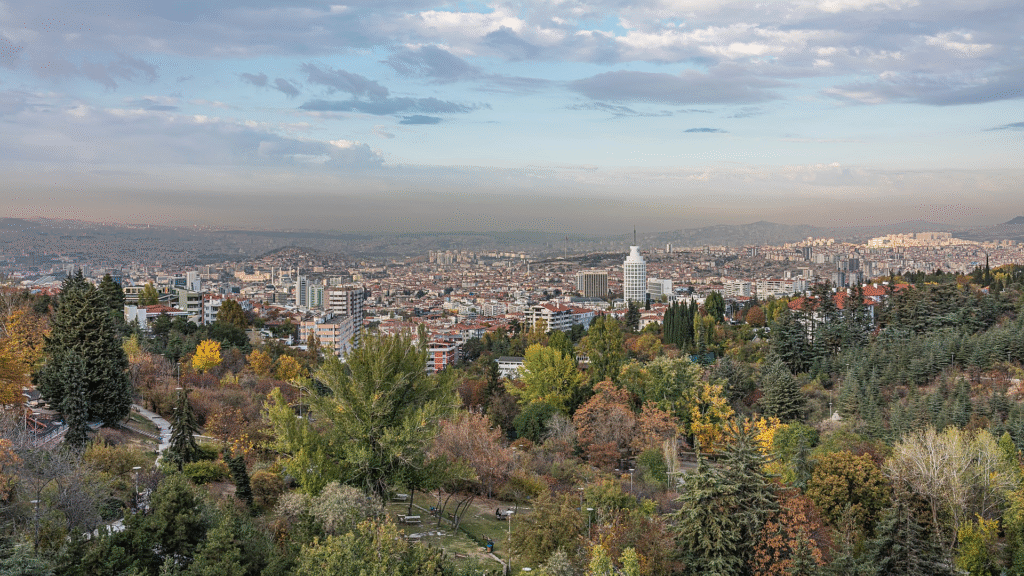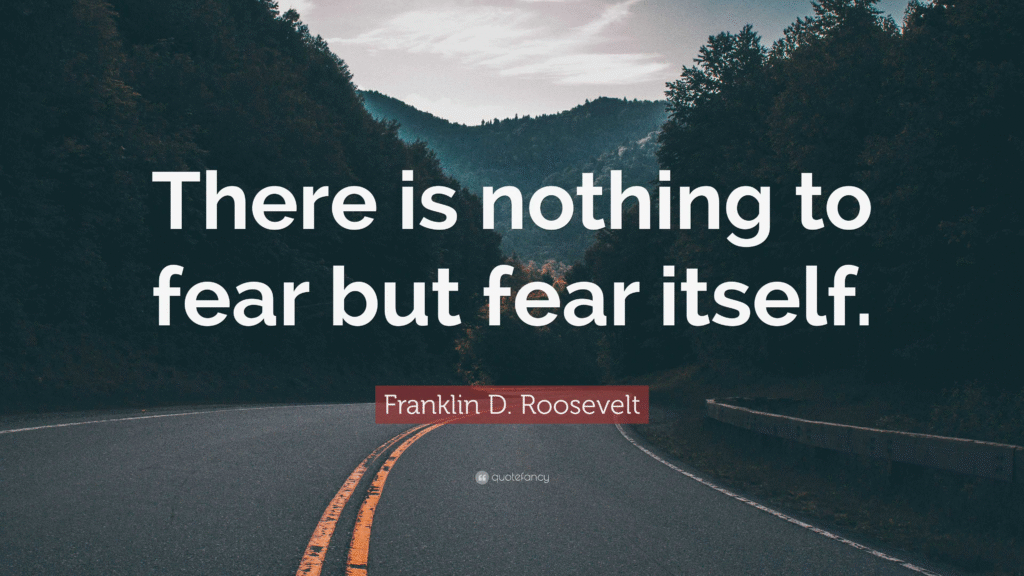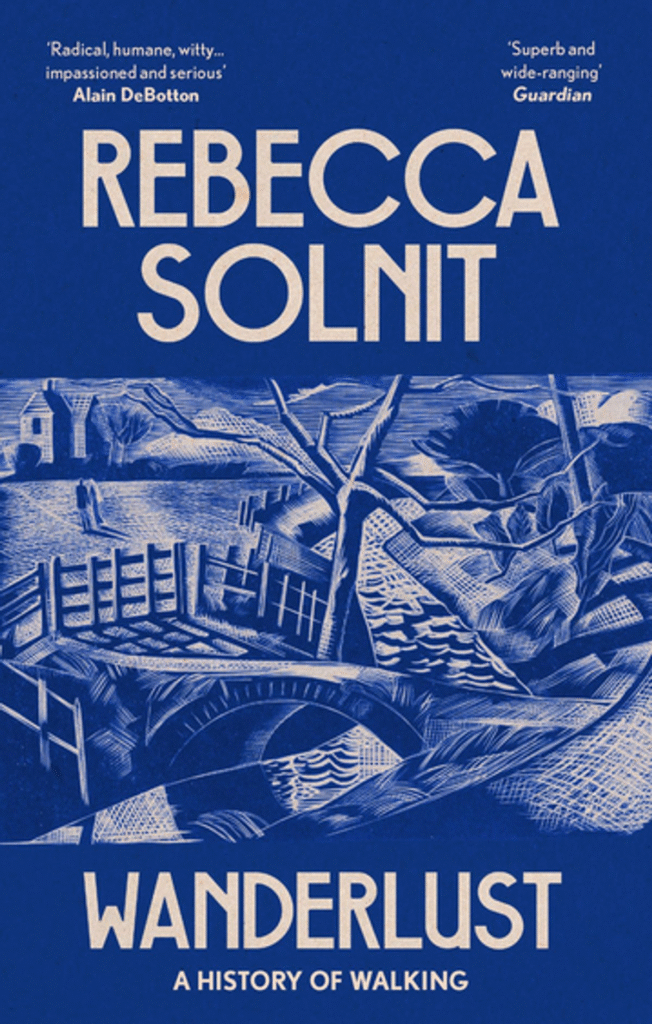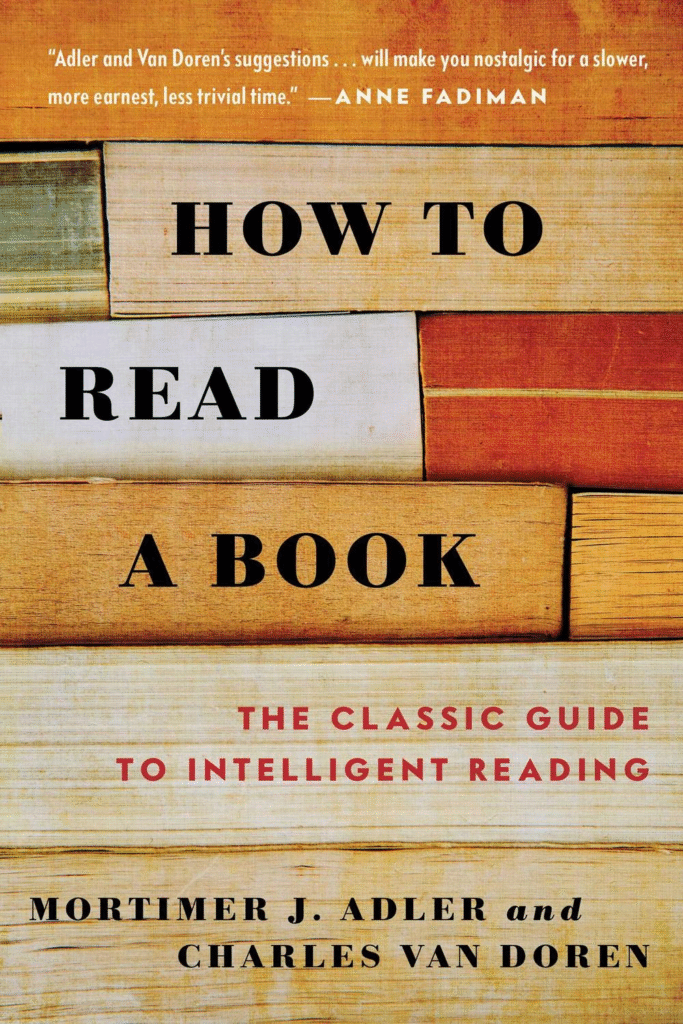
Tuesday 21 October 2025
Ankara, Türkiye

Above: View from the mall at the base of Atakule TV tower in Ankara, Türkiye
Time was wheeled onto the operating table at 3:47 PM.
Its pulse fluttering like a bird trapped in a glass cage.
Breath shallow, heart laboring beneath the harsh fluorescent glare of endless screens.
The physicians consulted their instruments:
Productivity stable.
Entertainment levels high.
Commercial output strong.
And yet….
Time continued to fade.
At last, the surgeon removed his gloves, looked sorrowfully at the clock, and announced:
“Time of death: Now.”

Something ancient and human fell silent:
The long stretch of hours in which the mind once wandered, language once deepened, and literature once spoke.
The spaces between events — the in-between where discovery and understanding dwell — had been rendered meaningless.
In their absence, the first tremors of a world unable to listen, unable to reflect, unable to perceive the subtle currents that allow a human being to know themselves in relation to the Universe became palpable, almost unbearable.

Somewhere between the blaze of passion and the hush of contemplation lies the true warmth of words, a heat that does not burn but illuminates, a glow tracing the contours of the human soul.
It is there I seek refuge.

Every person is a language the Universe is trying to speak….
Yet too many of us silence our own voices out of fear —
Fear of judgment.
Fear of insignificance.
Fear that our words will not impress.

But pure literature was never meant to impress.
It was meant to reveal.
To awaken.
To resist.

True literature does not wear a mask.
It speaks in a voice unmistakably its own —
Authentic.
Daring.
Vulnerable.
Alive.

In such writing, the reader does not merely see words on a page.
They feel the pulse of another soul.
The page becomes a living presence.
The words breathe.
They tremble with clarity of thought and emotional intelligence.
They awaken the senses and remind us of a forgotten truth:
We read to know that we are not alone.

Yet, in classrooms across the globe, I hear the same refrain from students — and even from colleagues:
“I don’t like to read.”
Their attention, molded by endless distraction, seeks the instant reward of stimulation, the small pulse of entertainment.
They recoil from the slow unfolding of thought, the deliberate expansion of the self, the quiet pleasure of dwelling in the mind of another.
Sometimes, I feel exiled in time, my temperament a foreign emissary in a culture that worships speed, commodifies quantity, and trades depth, empathy and endurance for convenience and distraction.

The crisis of attention is not unique to the classroom.
It echoes across history.
Across languages.
Across continents.

In Japan, in the late 1990s, a debate unfolded that exemplifies the eternal duel between art and commodity.
Eiji Otsuka, a former manga magazine editor, declared that “unsellable pure literature is inferior as a product”, asserting that only works with commercial traction possess social value.

Above: Japanese writer Eiji Otsuka
Yoriko Shono, a defender of pure literature (novels that place more emphasis on artistic quality than on entertainment), protested, insisting that literature’s worth is not determined by sales, but by the integrity of its voice, by the courage to speak and to bear witness.
Shono’s novels and essays, surreal and fierce, depicted the “ghosts” of critics who measured art by metrics, who treated literature as a consumable rather than a dialogue, a revelation, a pulse.
The debate was not merely about commerce —
It was about the right to be heard without the tyranny of the market, about the capacity for a society to value authenticity over mass appeal, about the dignity of the individual as a creative being.
Shono’s argument resonates deeply:
Literature is not only a product.
It is the act of self-discovery made tangible, a voice made public, a soul exposed to other souls.
To dismiss it because it sells poorly is to measure humanity itself in monetary terms.

Above: Japanese writer Yoriko Shono
Discernment demands time.
Without the intervals in which to think, breathe, and reflect, the human mind becomes a machine for reacting, not understanding.
Rebecca Solnit, in her history of walking, Wanderlust, observes that the world has come to fear the in-between.
Walking, she reminds us, is not merely movement —
It is the art of attending, of letting the mind dwell in motion.
The moments in which one is neither here nor there, neither starting nor arriving, are precisely those in which insight, observation, and empathy are cultivated.
Yet society devalues these spaces, labeling them “wasteful”, as if nothing of value can emerge without measurable output.

Rolf Dobelli, in Stop Reading the News, warns of the corrosive effects of constant media consumption.
The mind, fragmented and reactive, loses patience, loses reflection, loses discernment.
The cultivation of judgment — the ability to distinguish the essential from the trivial, the profound from the fleeting — requires time, slowness and attention.
Without it, our capacity to listen — to others, to literature, to ourselves — is eroded.

We enter the world with two ears and two eyes but only one mouth— a design, perhaps, from nature herself, urging us to absorb, to witness, to dwell before we dare to speak.
A gentle insistence that the soul must precede the voice.
Yet our culture teaches the opposite:
Speak quickly, consume quickly, judge instantly, move endlessly.
Presence has been devalued.
Speed has been exalted.
Monetary metrics have become the sole measure of worth.

Writing and reading are acts of rebellion.
They reclaim the in-between, restore the intervals, restore human scale to our existence.
They remind us that value is not a product to be bought or sold, but a lived, embodied experience.
To write is to assert one’s humanity.
To read is to acknowledge the humanity of another.
Both require patience, attention and courage.

In classrooms, this challenge is immediate and intimate.
My students — wealthy, curious, yet shaped by the relentless tempo of their age — struggle to understand that writing is not a performance for consumption but an act of self-discovery.
That the act of creation is itself a source of meaning.
That the words they write, though unseen, have power.
When I speak of literature as a pulse of the human soul, I sometimes meet blank faces, eyes that seek distraction rather than depth.
And yet, in rare moments, a student leans in, a hand stays poised over paper, a smile appears at discovery.
These are the moments worth every battle, every sigh, every protest against the tyranny of the clock.

Even those closest to me — my own beloved spouse — have occasionally reminded me that “no one has time to read your long blogposts”.
(Traitors!
The word escapes me only tongue-in-cheek.)
And yet, the very insistence on brevity, on efficiency, is evidence of the sickness we confront:
The death of the slow, of the reflective, of the attentive.
It is precisely in defiance of this tyranny that we must write, read, dwell and wait.

To regain the capacity to listen, we must reclaim time.
Not the hours filled with tasks, nor the minutes measured by productivity apps, nor the days consumed by distraction — but the intervals in which the mind may wander, the heart may feel, the soul may speak.
We must value presence over pace, thought over turbulence, humanity over coin.
The classroom, the library, the solitary walk, the quiet page:
These are the laboratories of discernment.
They are the operating theaters in which Time can, if only momentarily, revive.

And so, literature remains our measure, our testimony, our pulse.
Shono, Solnit, Dobelli, and every writer and thinker who prizes attention over output remind us that the world can still be saved —
Not by faster consumption, not by louder amplification, not by higher sales —
But by the reclamation of the in-between.
The restoration of listening.
The slow cultivation of insight, empathy and courage.

In this way, every word written, every story read, every quiet moment allowed for reflection is an act of resistance.
It asserts that human beings, not markets, not entertainment, not distraction, define value.
It is in this space — between fire and stillness — that the warmth of words endures.
That the pulse of literature, of life, of the individual soul, continues to beat.
And perhaps, in the final reckoning, the surgeon’s scalpel need not have claimed Time forever.
In the quiet rebellion of reading, of writing, of attending fully, Time lingers, a patient sentinel, eternal and unyielding, awaiting only that we remember, honour and inhabit it once more.
